- +033 2572 7171
- info@dhanvantary.com

4.5 Rating | 4500 Review

4.5 Rating | 4500 Review
Bipolar disorder is a mental health condition marked by extreme mood swings that include emotional highs, known as mania or hypomania, and lows, known as depression. During a manic phase, a person may feel euphoric, full of energy, or unusually irritable. In contrast, during a depressive phase, they may feel deeply sad, hopeless, and lose interest in most activities.

These shifts in mood, energy, and activity levels can affect one’s ability to function in daily life. Bipolar disorder often requires lifelong management and treatment to help stabilize mood and improve quality of life.
The exact cause of bipolar disorder isn’t fully understood, but several factors may contribute to its development :
Bipolar disorder tends to run in families. Having a close relative, like a parent or sibling, with bipolar disorder increases the risk.
Studies suggest that physical changes in the brain may be involved, affecting emotional regulation.
Stressful life events, trauma, or significant lifestyle changes may trigger the onset of symptoms, especially in people genetically predisposed to the condition.
Bipolar disorder symptoms vary between two main phases :
Feeling overly happy, excited, or irritable
Increased energy, activity, or restlessness
Less need for sleep
Racing thoughts, rapid speech
Impulsive behaviour (spending sprees, risky actions)
Feeling very sad, hopeless, or empty
Loss of interest in activities once enjoyed
Fatigue or lack of energy
Difficulty concentrating or making decisions
Suicidal thoughts or behaviours
The duration and intensity of these episodes vary among individuals. Some may experience "mixed" episodes with symptoms of both mania and depression simultaneously.
Bipolar disorder, if left untreated or improperly managed, can lead to various complications and risks that impact both the individual and their relationships. Here are some key complications :
Relationship issues
Legal or Financial problems
Substance abuse ( Drugs or Alcohol)
Work and Academic issues
Increased risk of suicide
Physical Health Problems
Self-Harm
In Ayurveda, bipolar disorder is often considered similar to a condition known as Unmada. Unmada is a broad term in Ayurveda that describes various mental health conditions marked by disturbances in thought, mood, and behaviour, often caused by imbalances in the body's energies, or doshas.
In Ayurvedic philosophy, the mind and body are deeply interconnected, and mental health is influenced by the three main doshas: Vata, Pitta, and Kapha. When these doshas are balanced, a person experiences mental well-being. However, an imbalance can lead to mental disturbances that resemble bipolar disorder.
Unmada is said to be caused by an imbalance in any one or more of the doshas.
Panchakarma is a detoxification process that aims to purify the body and balance the doshas :
Virechana (purging) is recommended for Pitta imbalance.
Basti (herbal enema) is suggested for Vata imbalance.
Shirodhara (oil pouring on the forehead) is beneficial for calming the mind.
Avoid foods that increase mental agitation (e.g., caffeine, processed foods). Favour foods that balance the aggravated dosha—e.g., warm, grounding foods for Vata.
Establishing a daily routine with consistent sleep, meals, and physical activity helps stabilize Vata, which is often aggravated in mood disorders.
Regular practice of gentle yoga and pranayama (breathing exercises) helps balance Vata and Pitta, calming the mind and reducing stress.
Meditation is beneficial for enhancing mental stability and increasing self-awareness, aiding in mood regulation.

Brahmi is a rejuvenating herb for the brain that supports mental clarity, memory, and emotional stability. Helps manage anxiety, restlessness, and depression by balancing all three doshas, especially beneficial for Vata and Pitta imbalances.
Use : Brahmi is often taken as a powder, tea, or in capsule form.
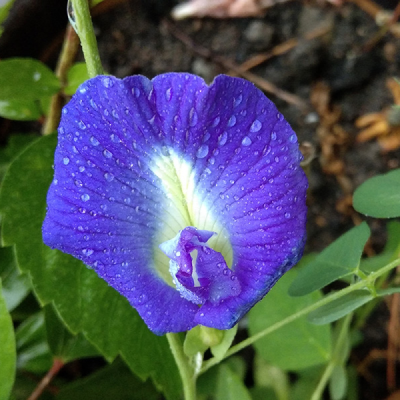
Shankhapushpi has soothing and nerve-calming effects that help reduce mental tension and stress.
It enhances memory, improves concentration, and stabilizes emotions, which may help manage mood swings and anxiety in bipolar disorder.
Use : Consumed as a powder or in capsule form, it’s typically used as a daily supplement.

Ashwagandha helps the body manage stress by balancing Vata and Kapha. It has calming and anti-anxiety properties, making it beneficial for reducing symptoms of mania and anxiety often seen in bipolar disorder.
Use : Typically consumed in powdered or capsule form, Ashwagandha can be taken daily to reduce stress and stabilize mood.

Guduchi is an adaptogen and immune booster, known for its ability to calm Pitta and reduce stress. Guduchi helps with emotional resilience, improves mood stability, and supports overall mental health, reducing both anxiety and depressive symptoms.
Use : Taken in powder or capsule form.
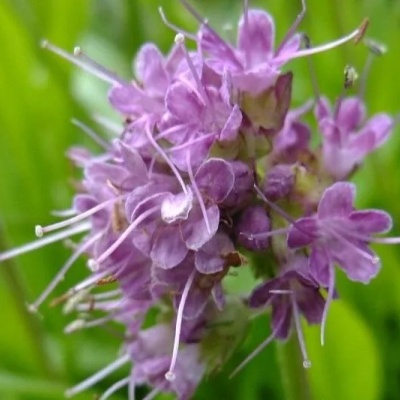
Jatamansi is known for its grounding effects, calming the nervous system and promoting emotional stability.
It works to calm the mind, reduces stress, and helps alleviate insomnia, making it useful for stabilizing mood swings in bipolar disorder.
Use : Available as powder, oil, or capsule, it’s commonly used to induce calmness and reduce episodes of agitation.
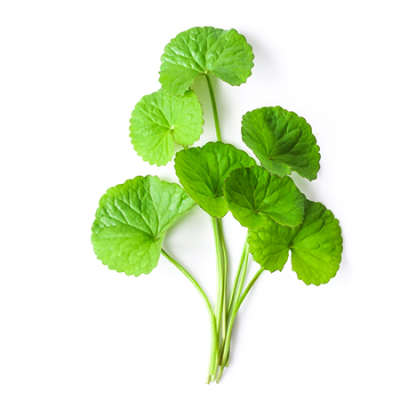
Mandukparni is a rejuvenative herb that helps balance Vata and Pitta and improves cognitive function. Known for reducing anxiety and enhancing mental clarity, it can help stabilize mood swings and improve mental resilience.
Use : Taken in powdered or capsule form,
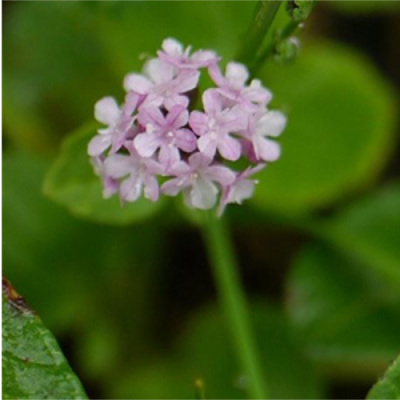
Tagara has sedative and calming effects on the nervous system, often used to improve sleep and relieve anxiety.
It can help those with bipolar disorder to manage sleep disturbances, reduce agitation, and calm the mind.
Use : Tagara is commonly taken in capsule form before bedtime.
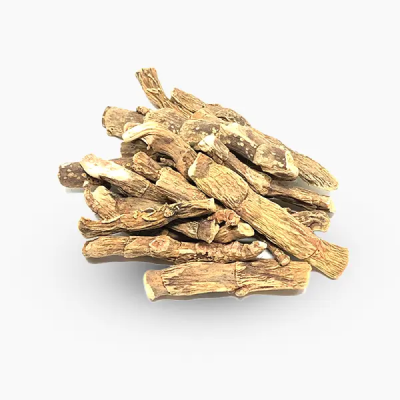
Vacha has stimulating effects on the brain, which may help improve focus and mental clarity. Known for its ability to clear mental fog and enhance cognitive function, Vacha helps stabilize moods and may reduce depressive symptoms.
Use : Usually taken as a powder or decoction under the guidance of an Ayurvedic practitioner, as it should be carefully dosed.
